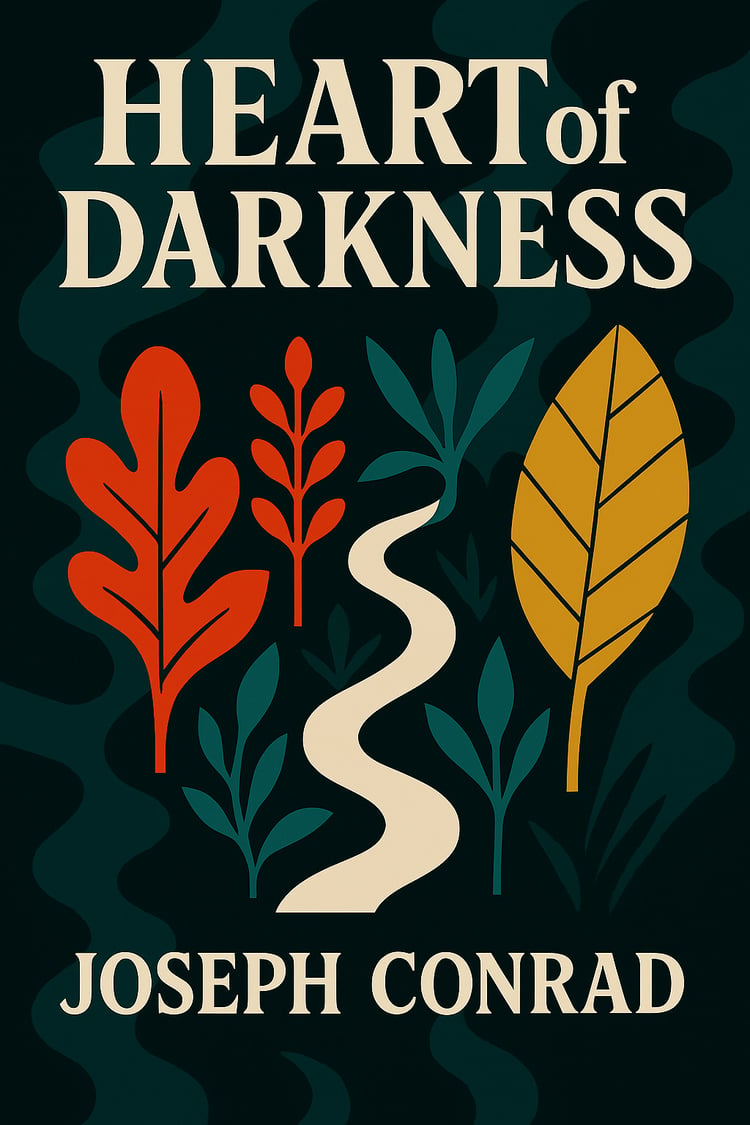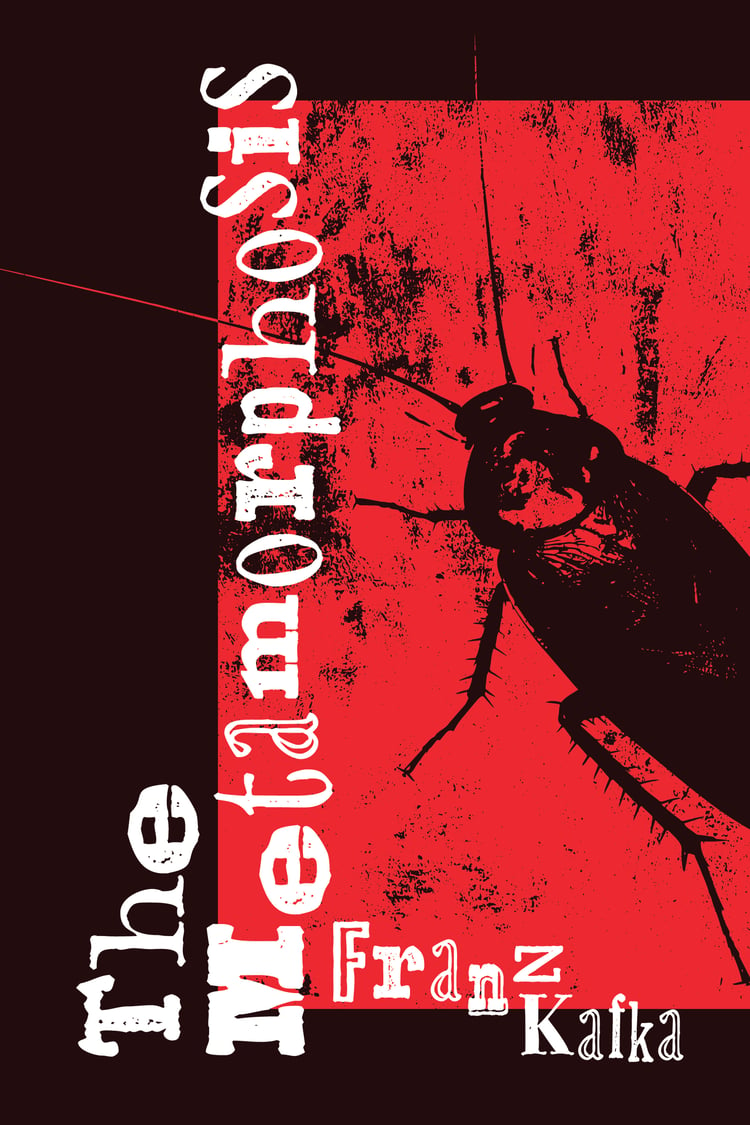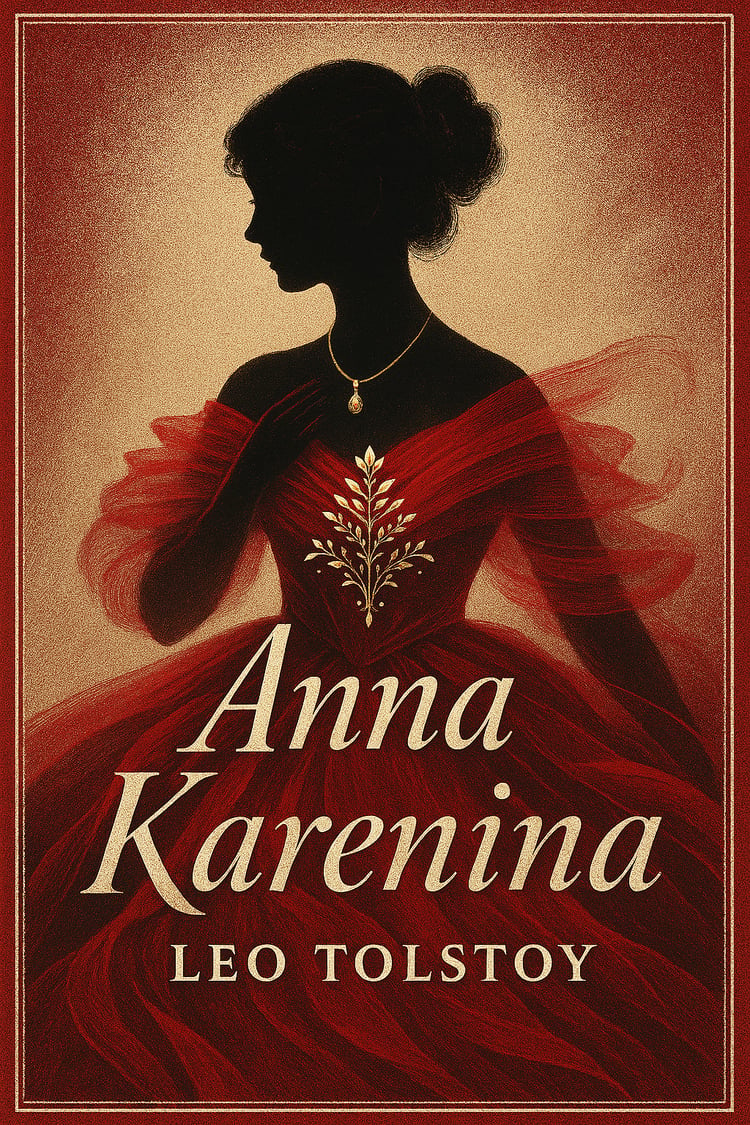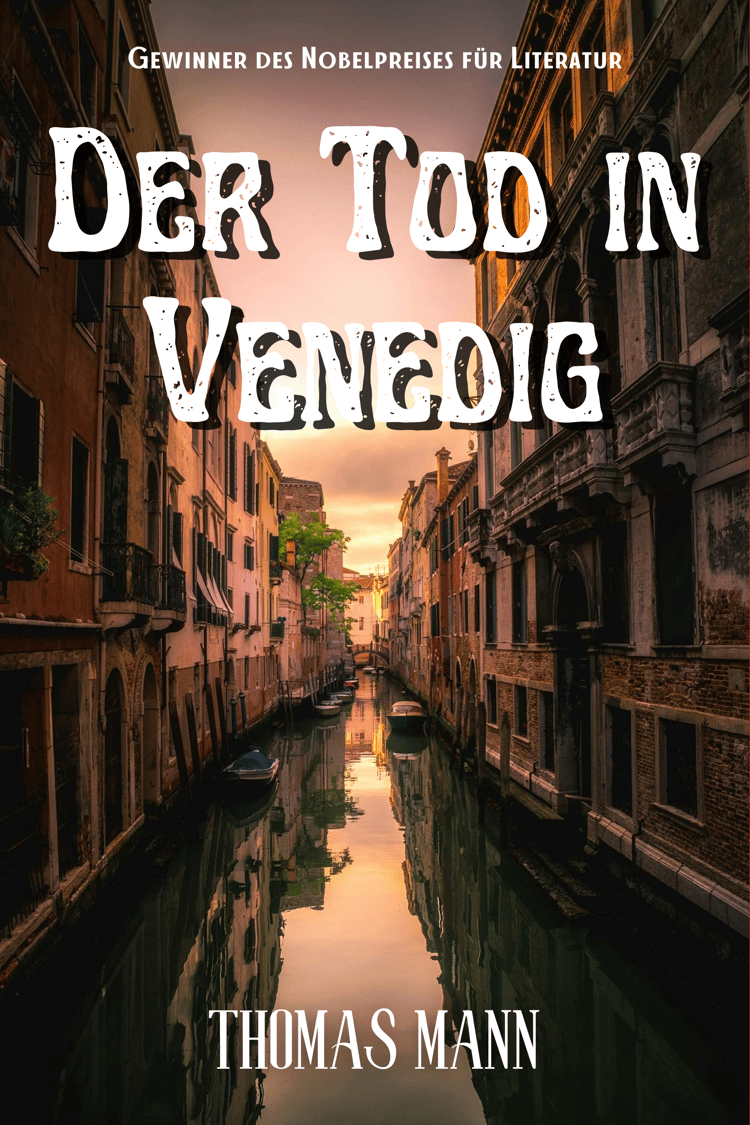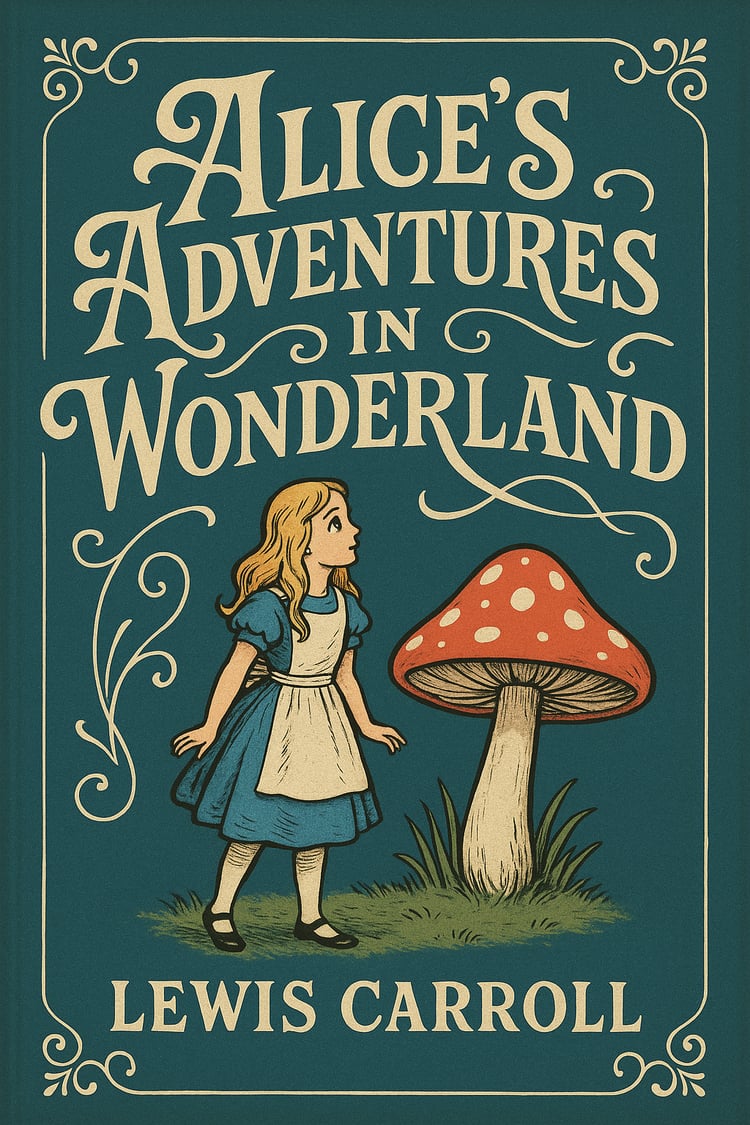
After the Divorce
Set against the stark beauty of rural Sardinia, Nobel Prize-winning author Grazia Deledda crafts a poignant story of injustice, shattered love, and the resilience of the human spirit. When Costantino Ledda, an innocent peasant, is wrongfully convicted of murder, his devoted wife Giovanna faces unbearable pressure to divorce him and marry the wealthy but cruel Brontu Dejas. Deledda—the first Italian woman to win the Nobel Prize in Literature (1926)—masterfully portrays the suffocating grip of poverty and tradition in 19th-century Sardinia, where survival often demands heartbreaking sacrifices.
Years later, Costantino's unexpected acquittal shatters the fragile life Giovanna has built, forcing both to confront the consequences of choices made under duress. Deledda's profound psychological insight and rich, evocative prose illuminate the agonizing tension between duty and desire, as her characters navigate a world where honor and survival collide. The novel's exploration of guilt, redemption, and the enduring power of love showcases why Deledda remains one of Italy's most celebrated literary voices.
More than a century after its publication, After the Divorce stands as a timeless masterpiece, its themes of injustice and moral struggle still deeply resonant today. Deledda's Nobel Prize-winning storytelling immerses readers in Sardinia's rugged landscape and the raw emotions of characters bound by fate yet striving for freedom. A haunting meditation on the cost of betrayal and the possibility of redemption, this classic novel cements Deledda's legacy as a writer who captured the soul of her people with unmatched depth and compassion.
About the author
Grazia Deledda (1871–1936) was an Italian novelist and the first Italian woman to receive the Nobel Prize in Literature (1926). Born in Sardinia, her works vividly depict the island’s landscapes, traditions, and struggles, blending realism with poetic lyricism. Often exploring themes of fate, morality, and the tension between modernity and tradition, her notable novels include Nostalgia, Elias Portolu, and Canne al vento (Reeds in the Wind). Deledda’s writing remains celebrated for its emotional depth and timeless relevance.


